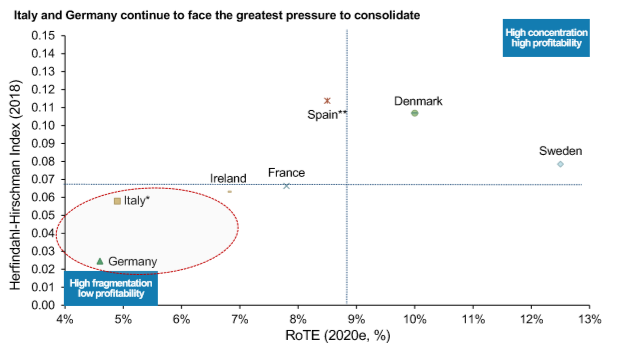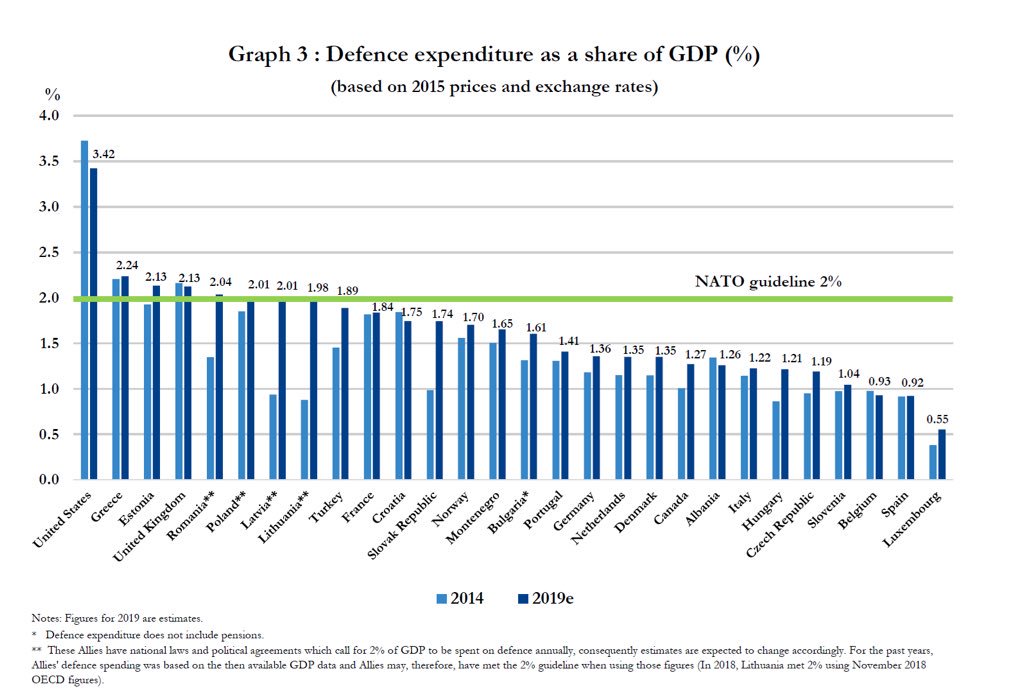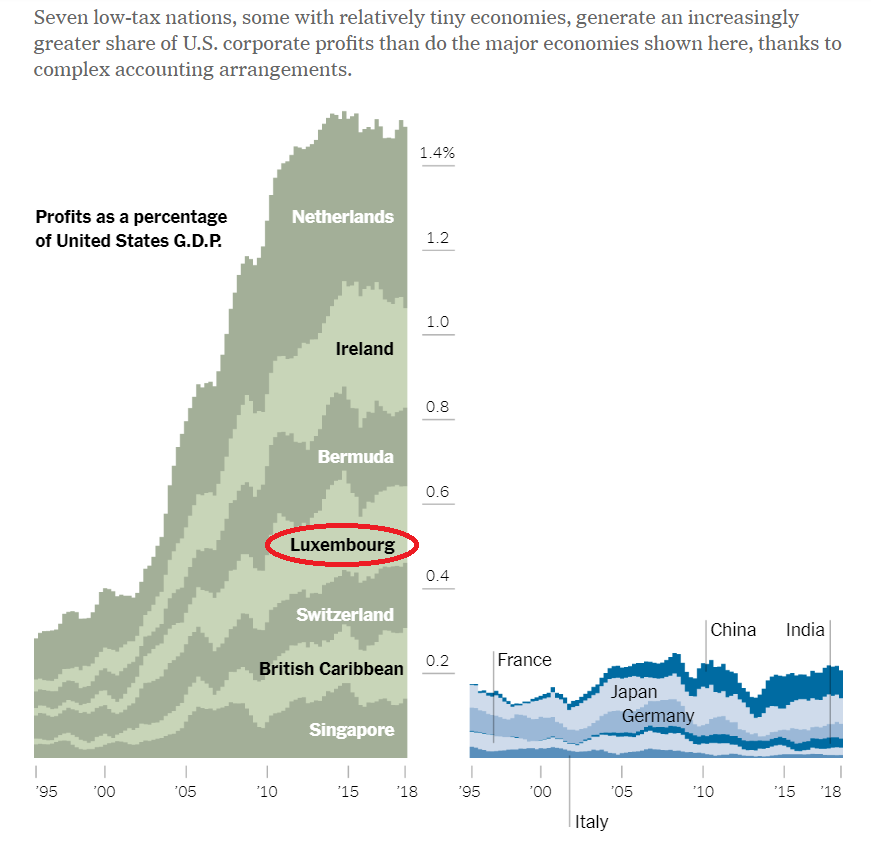Productivity isn’t everything, but in the long run it is almost everything.
Paul Krugman
International datasets on productivity:
EU KLEMS (‘measures of economic growth, productivity, employment, capital formation, and technological change at the industry level for all European Union member states, Japan, and the US’)
CompNet (‘micro-based competitiveness dataset for European countries, unprecedented in terms of coverage and cross-country comparability’)





